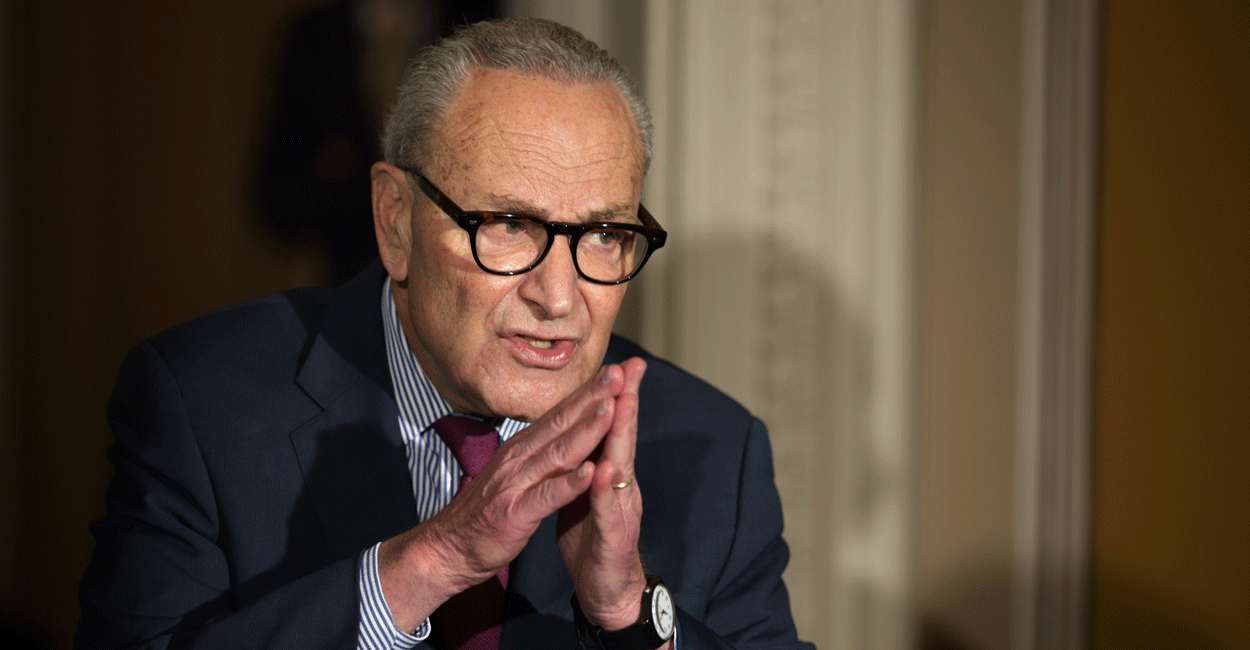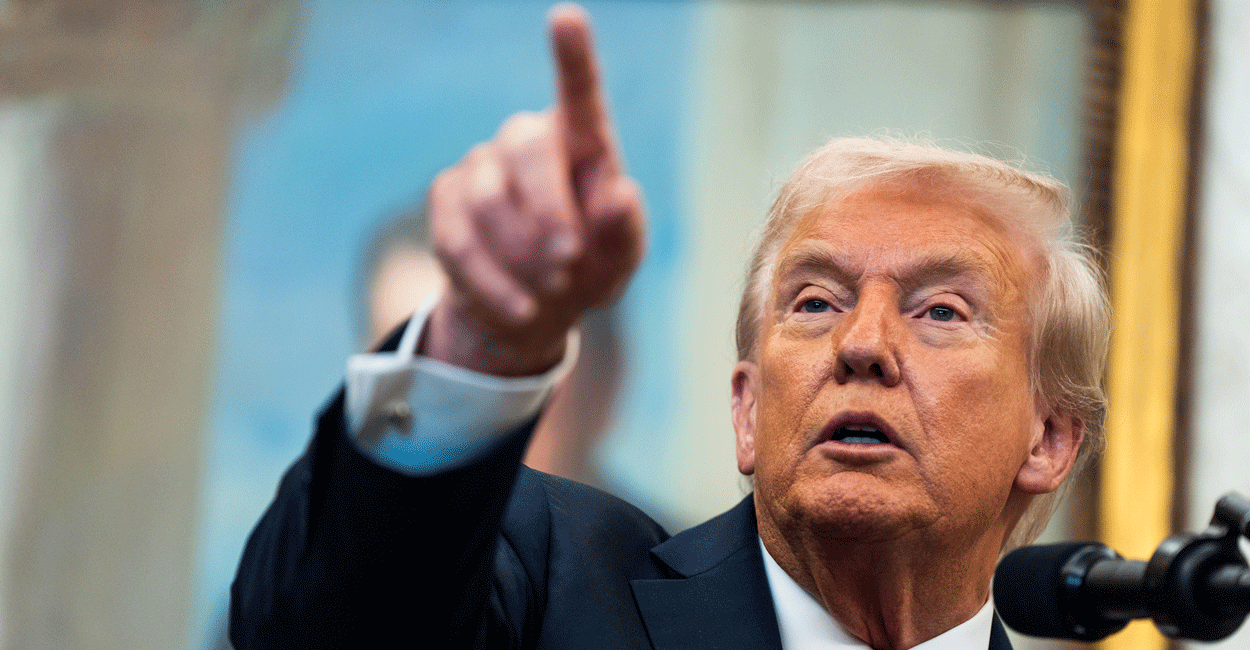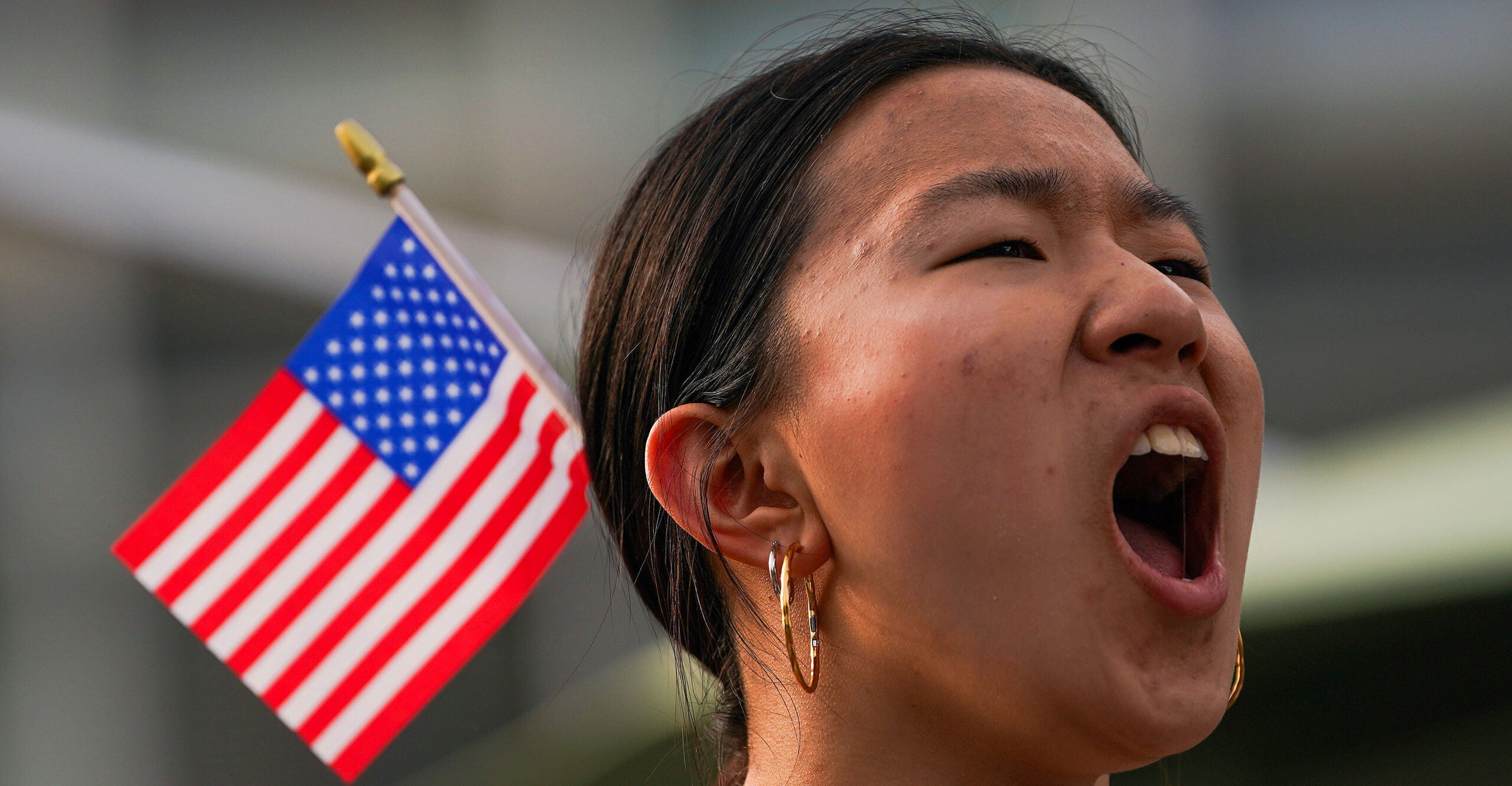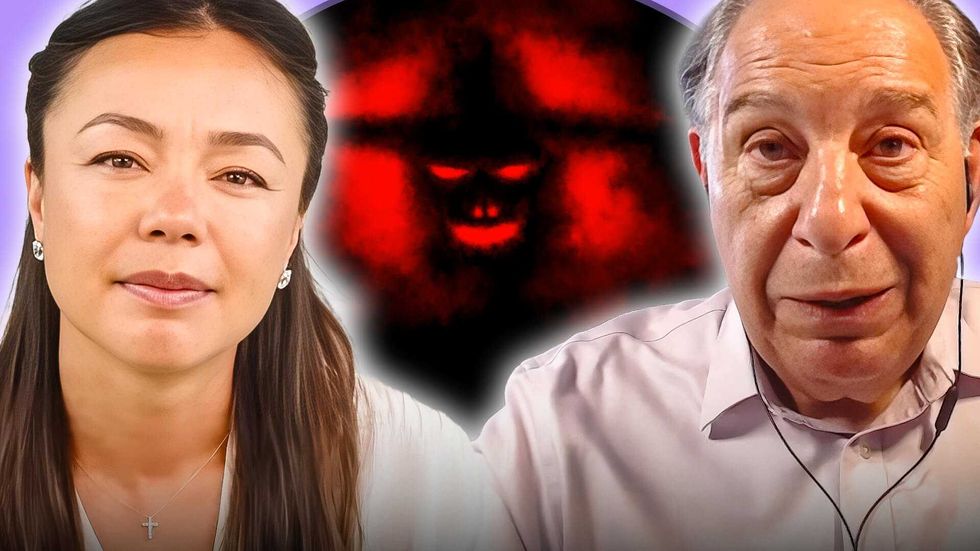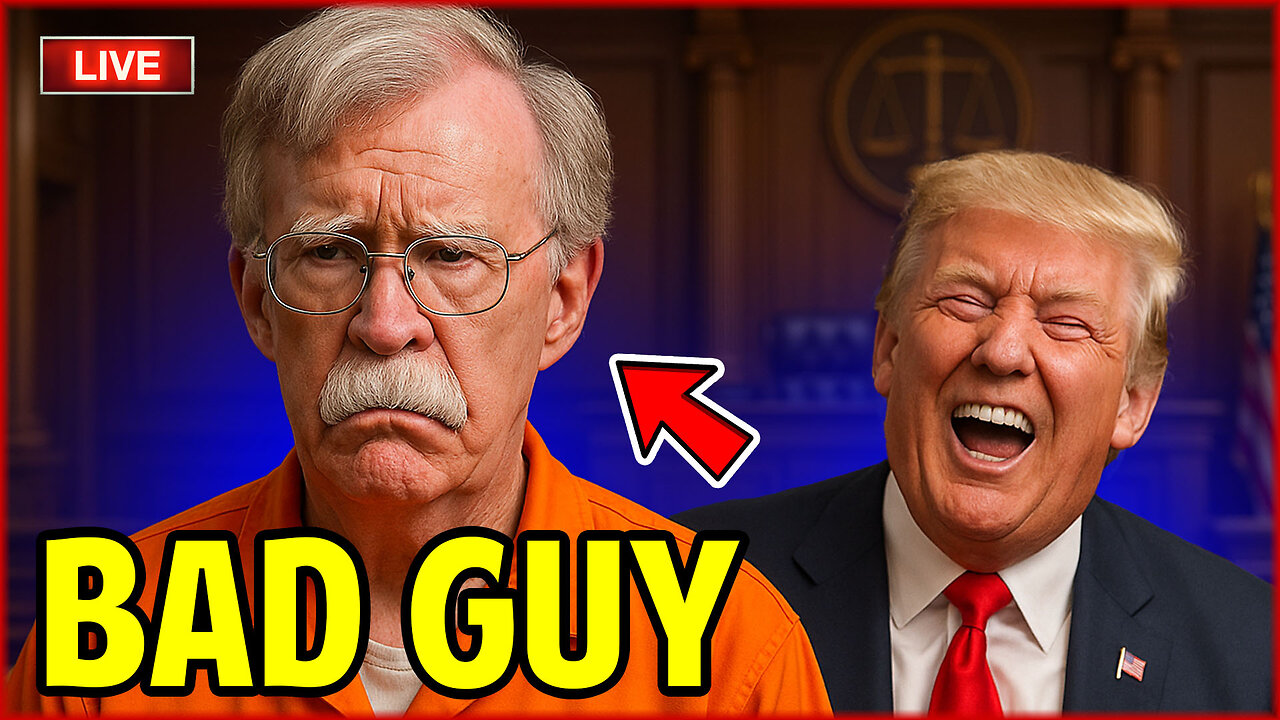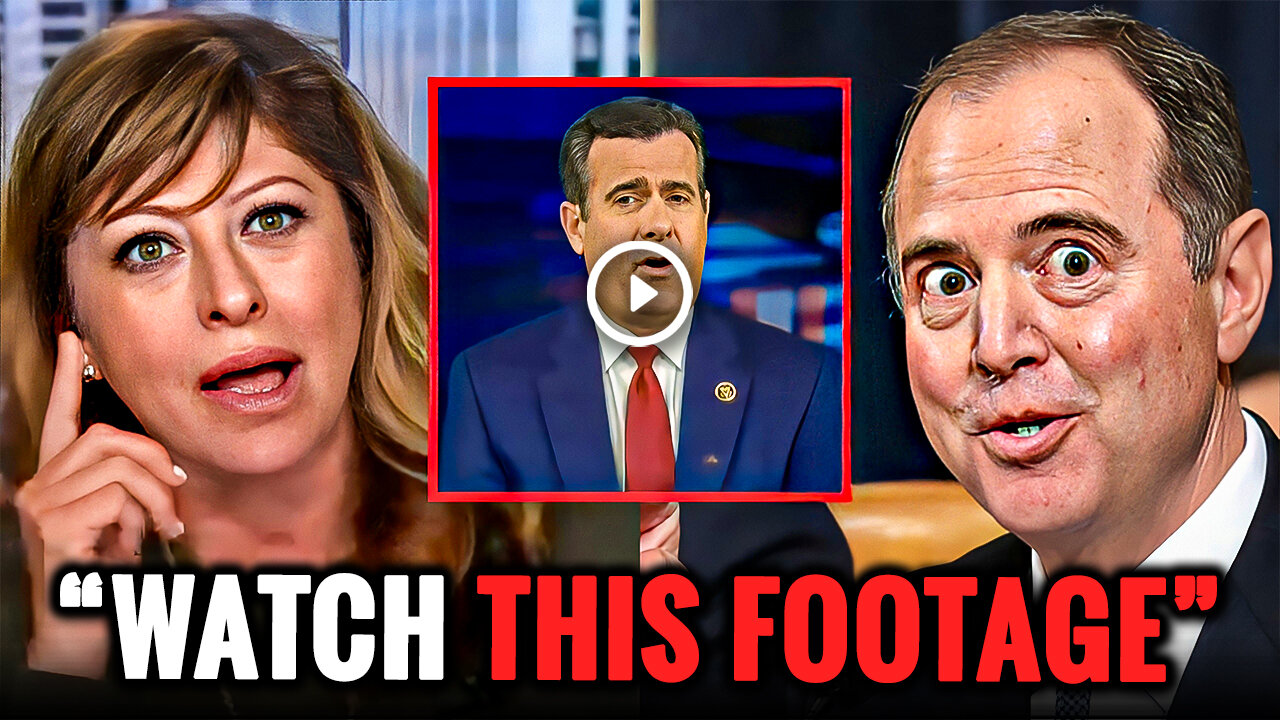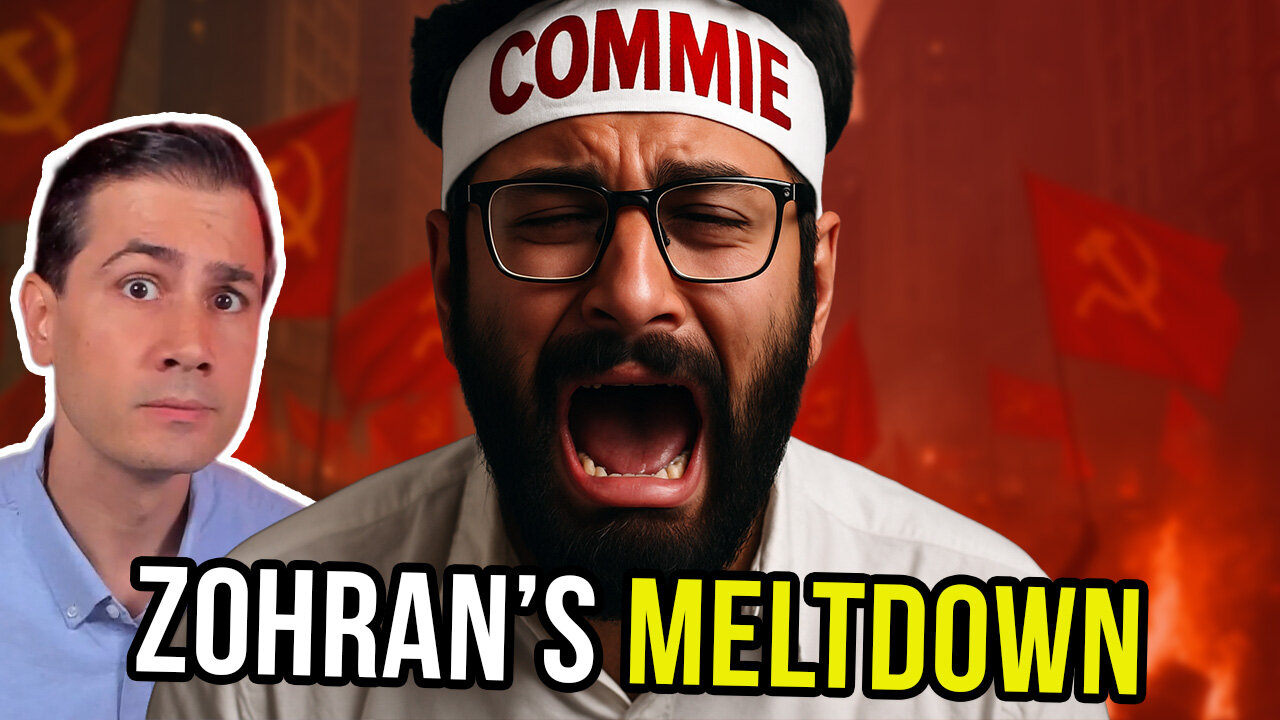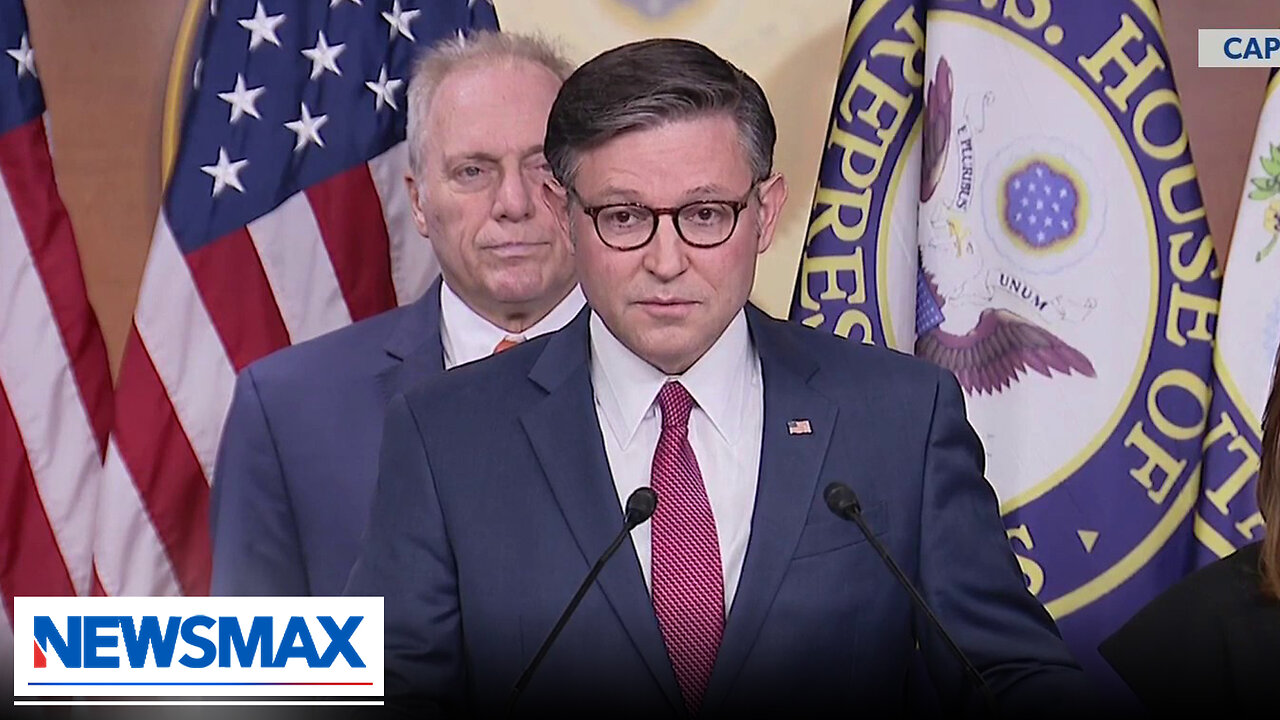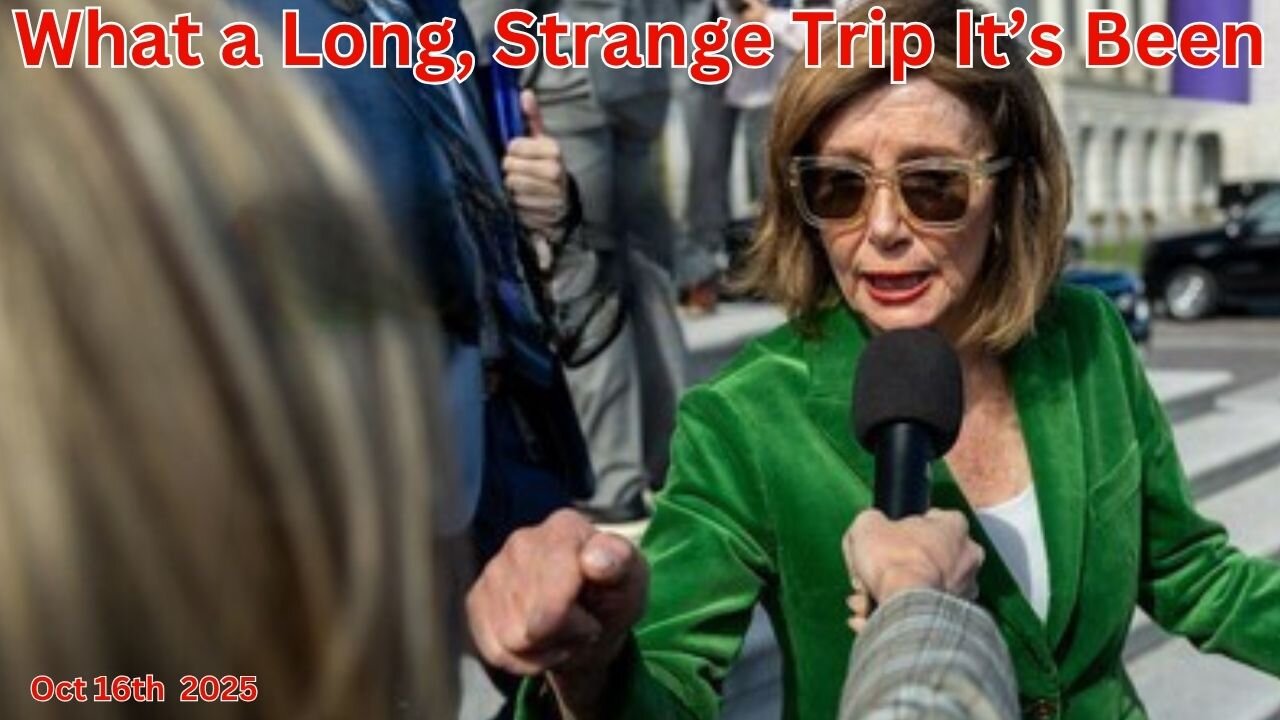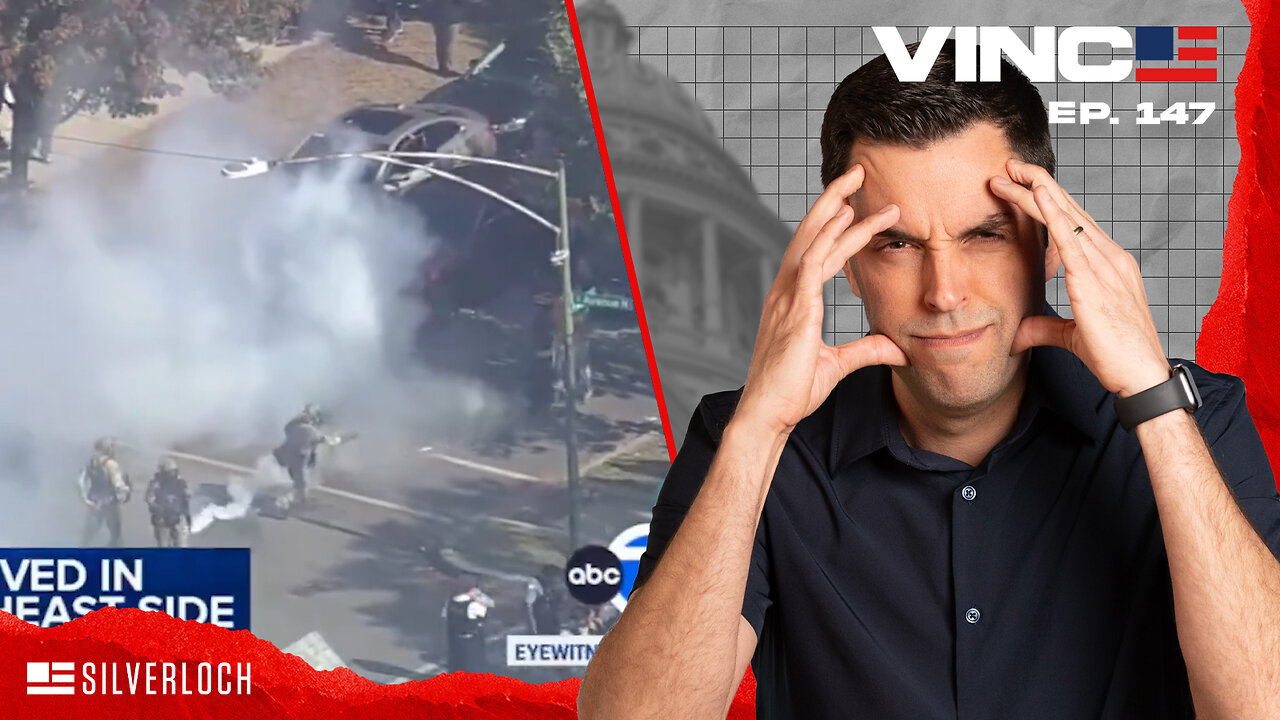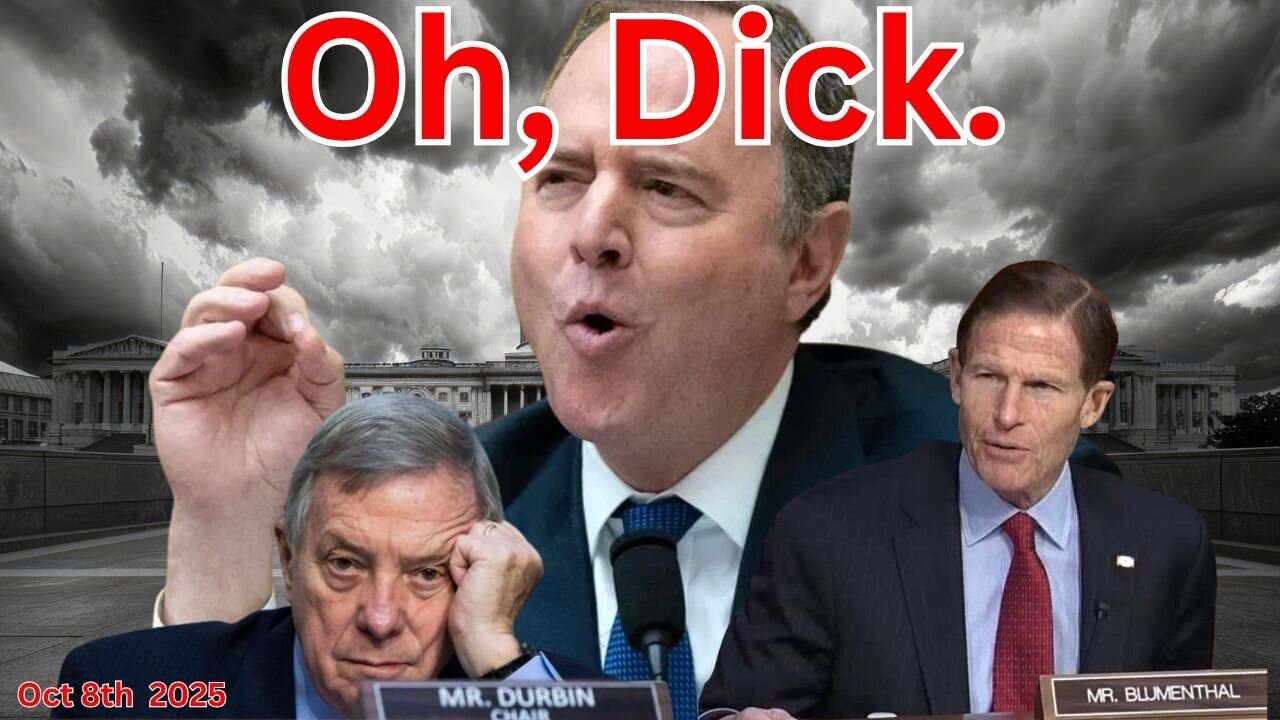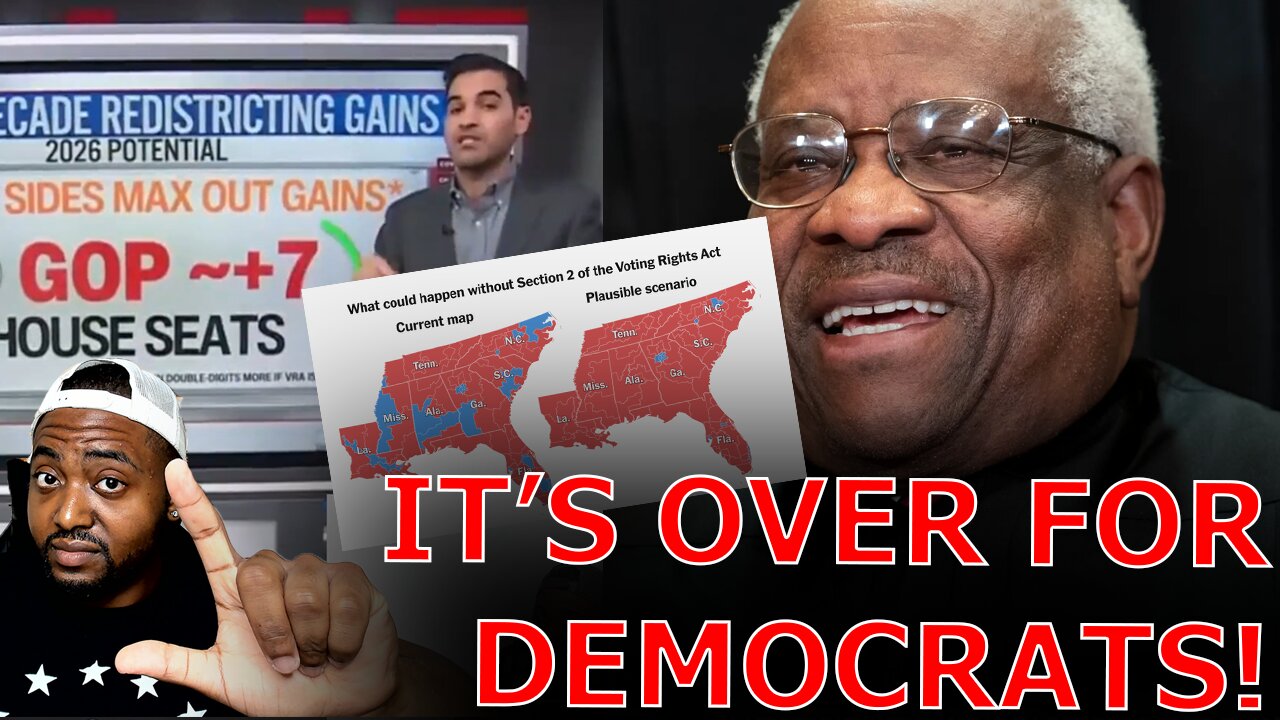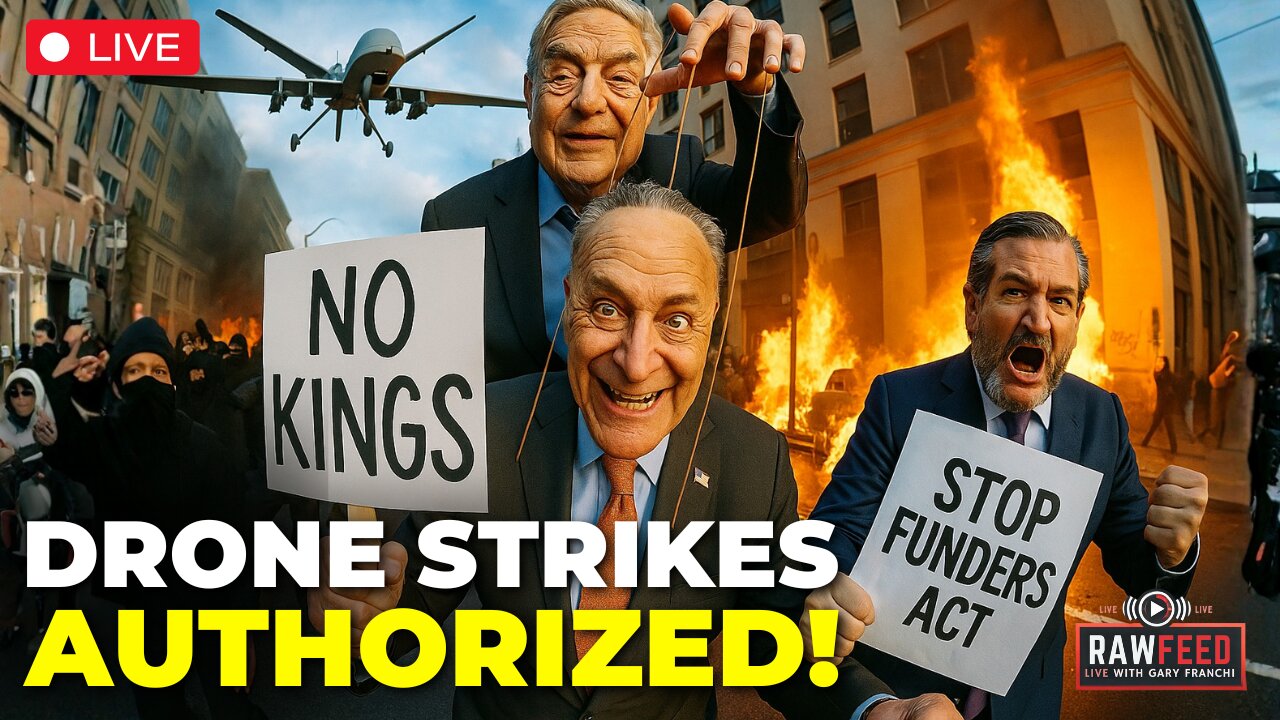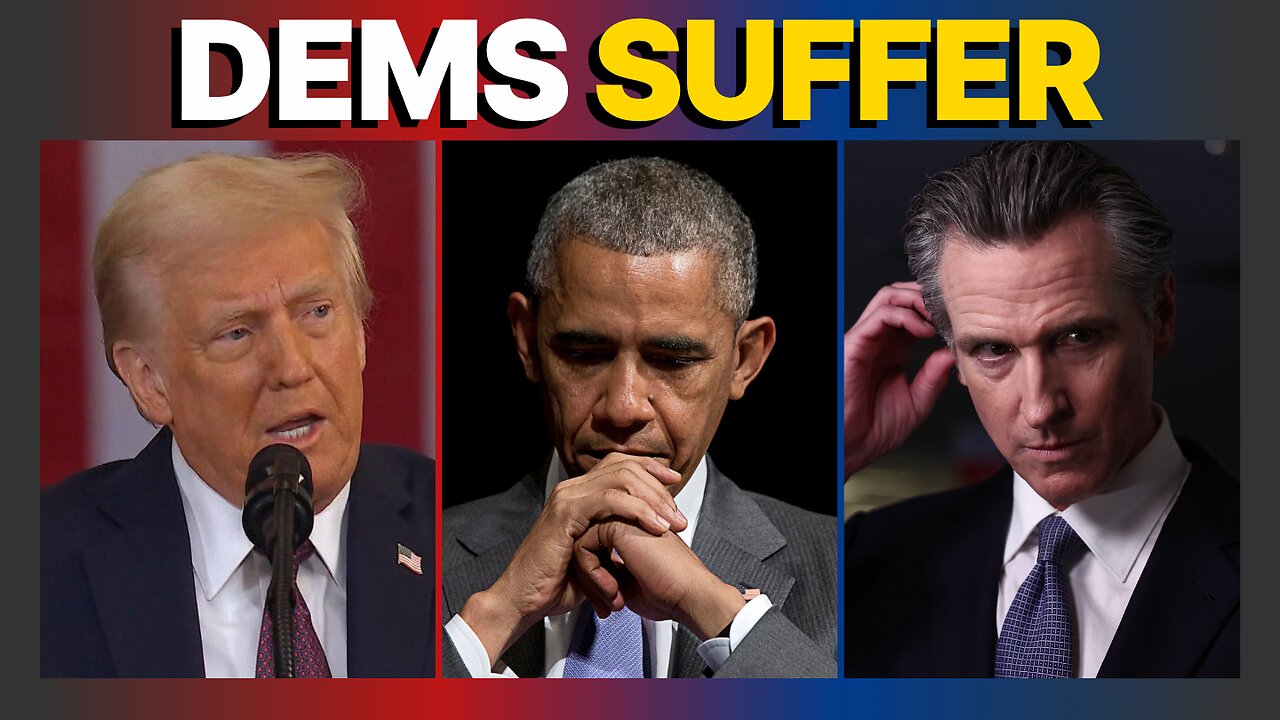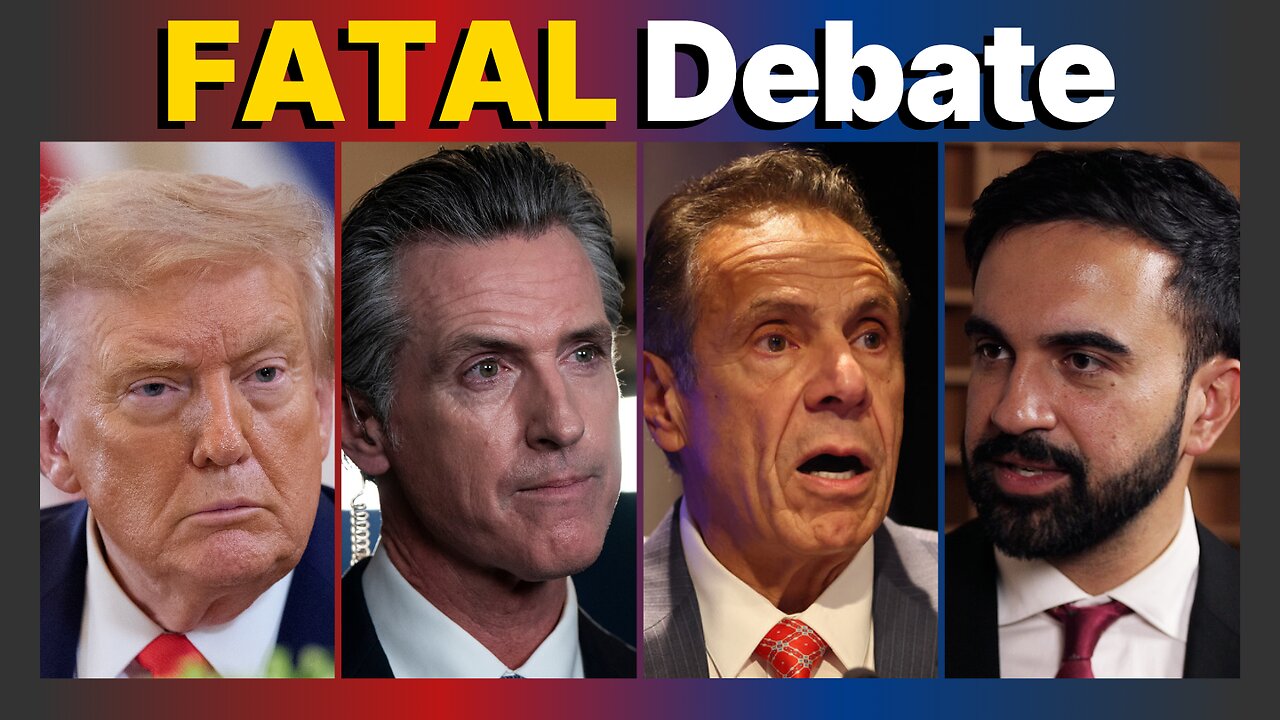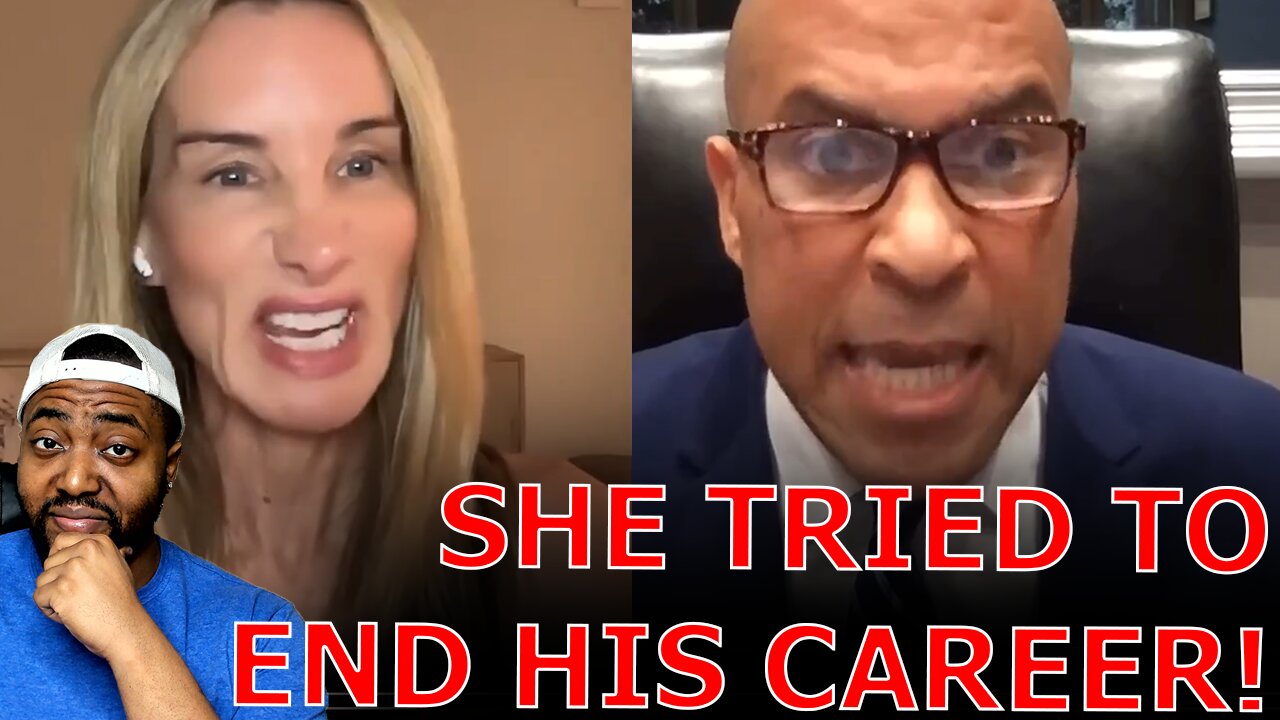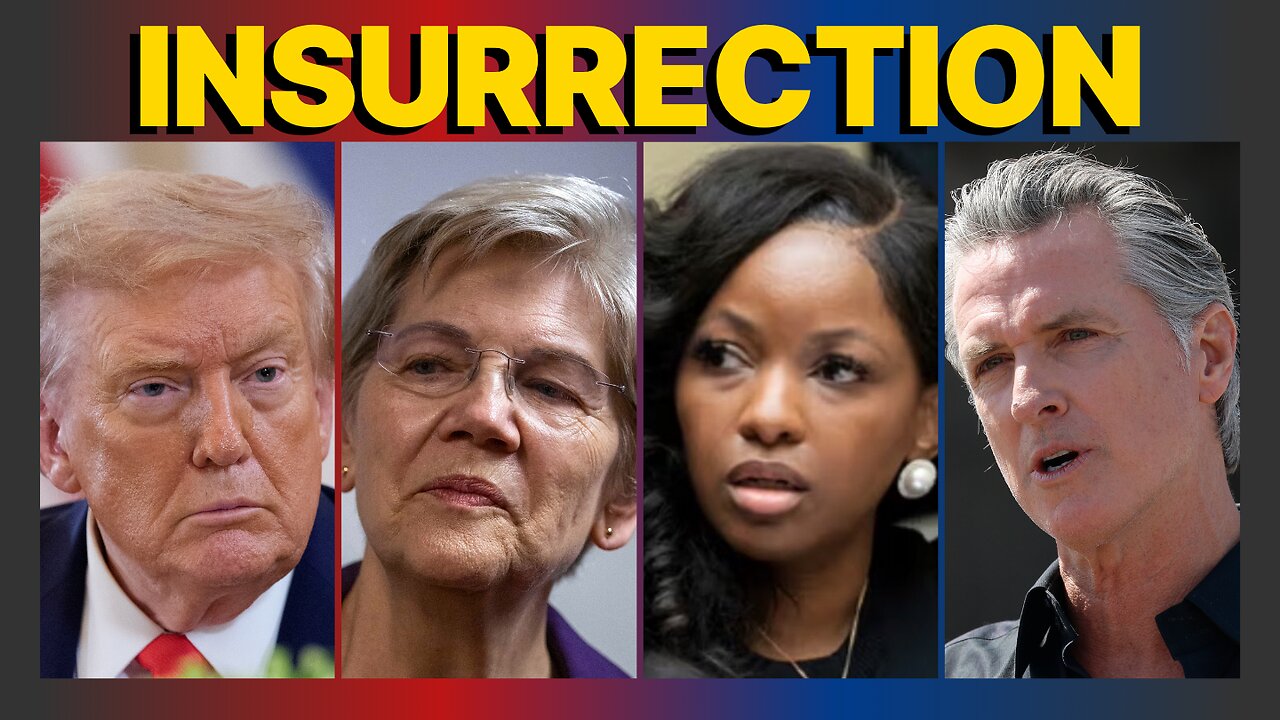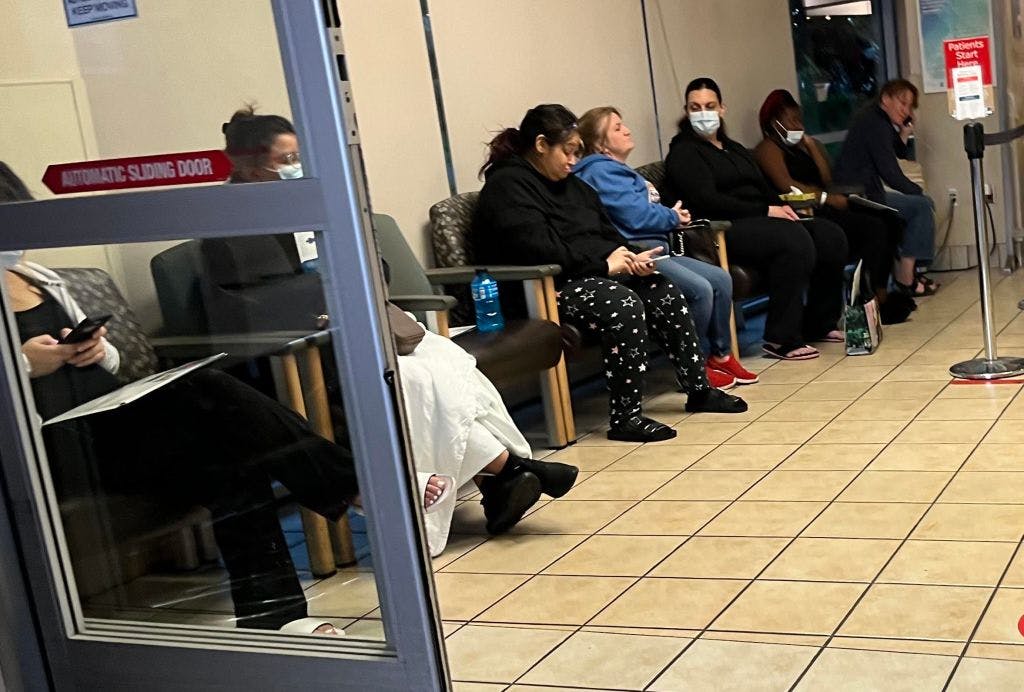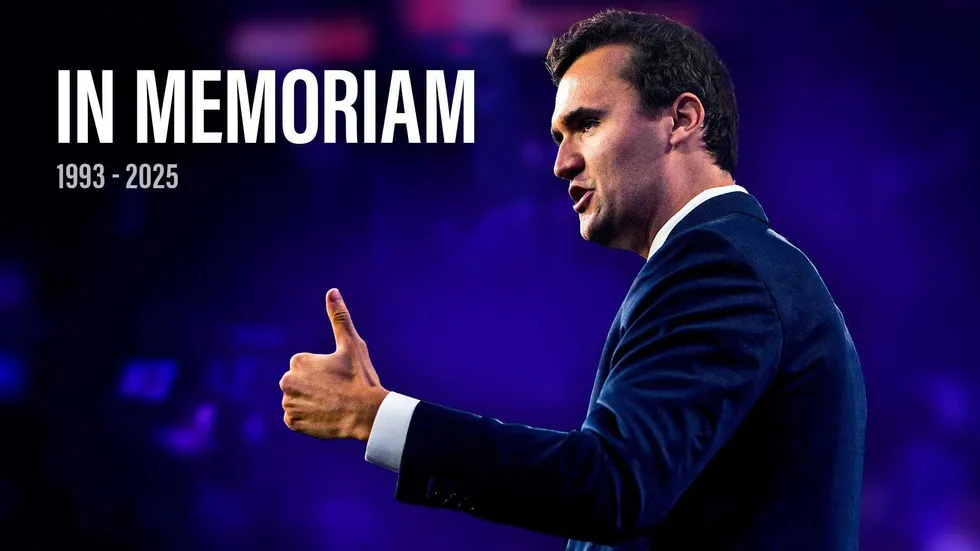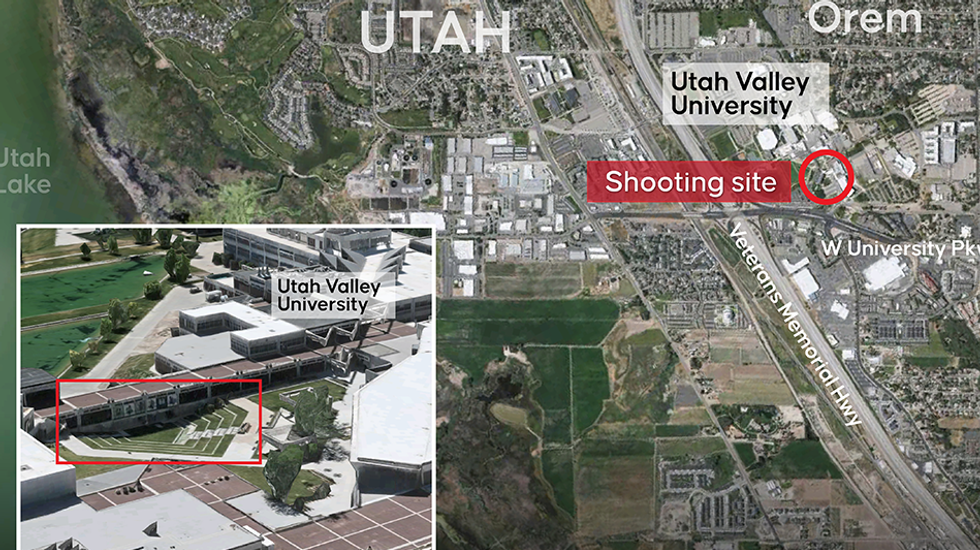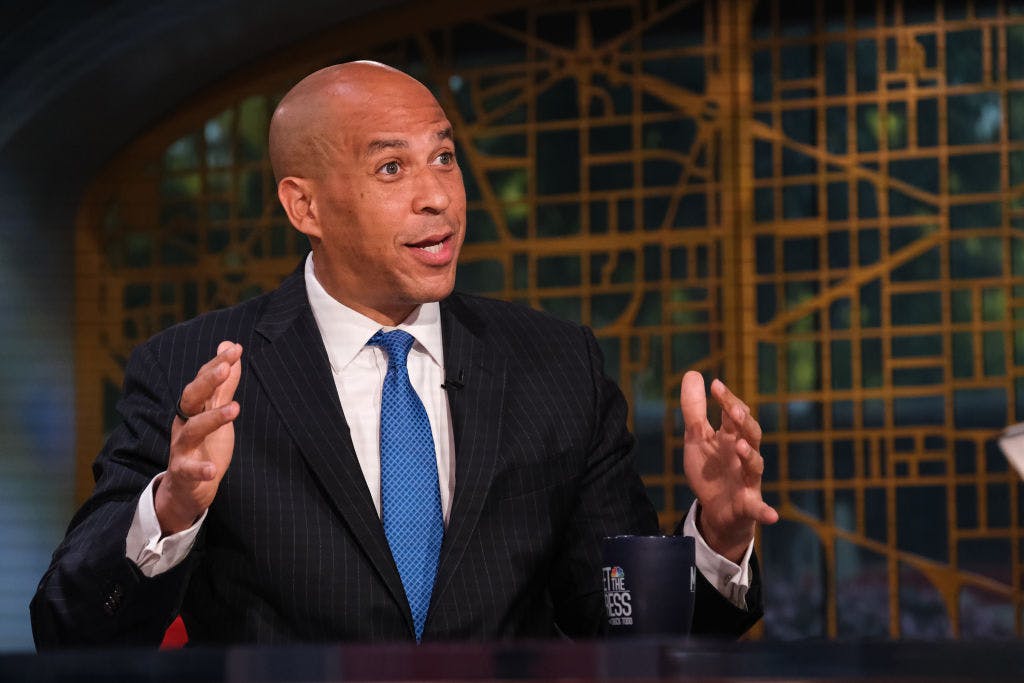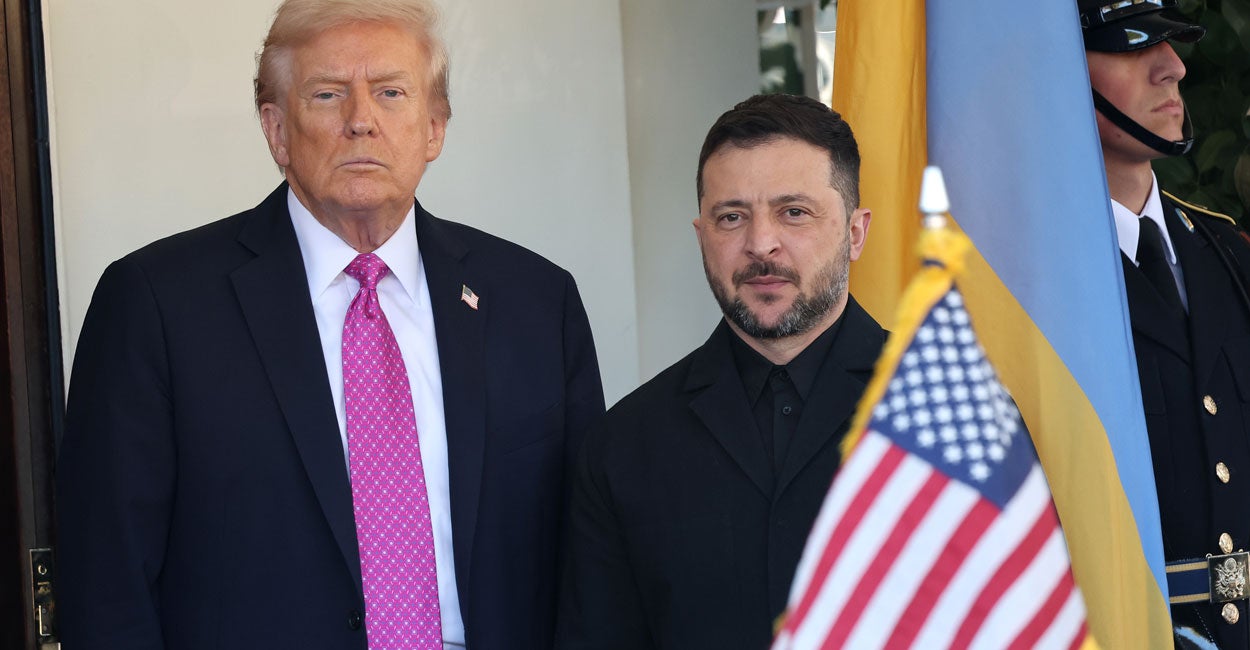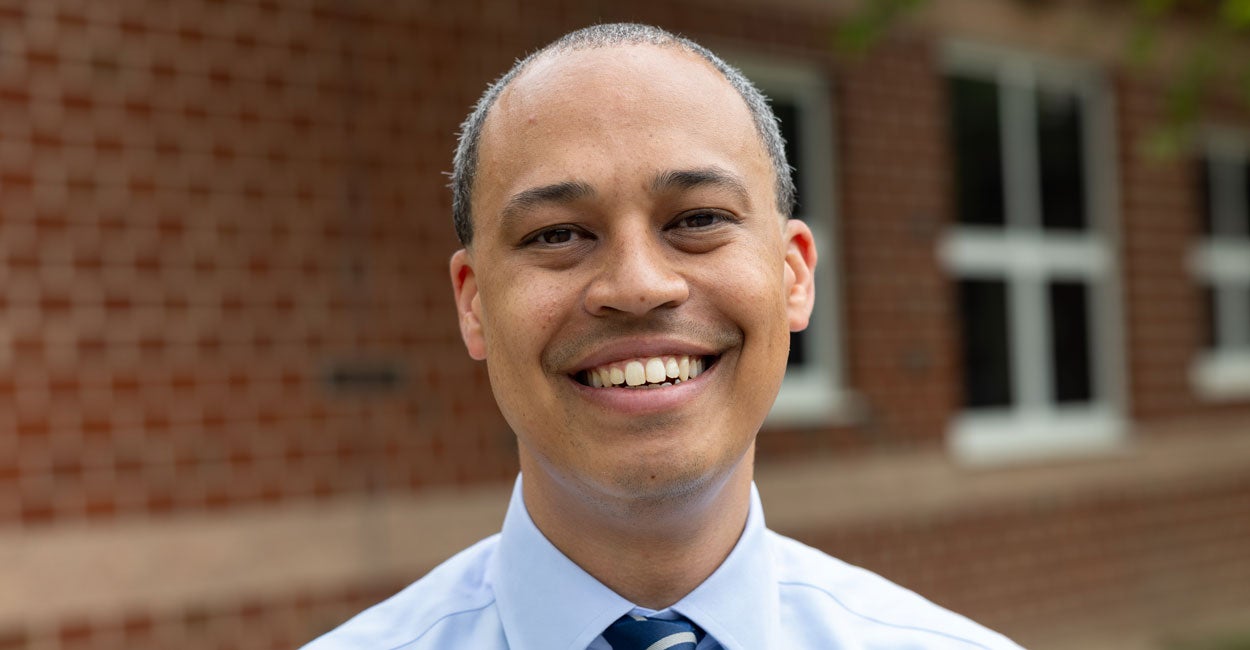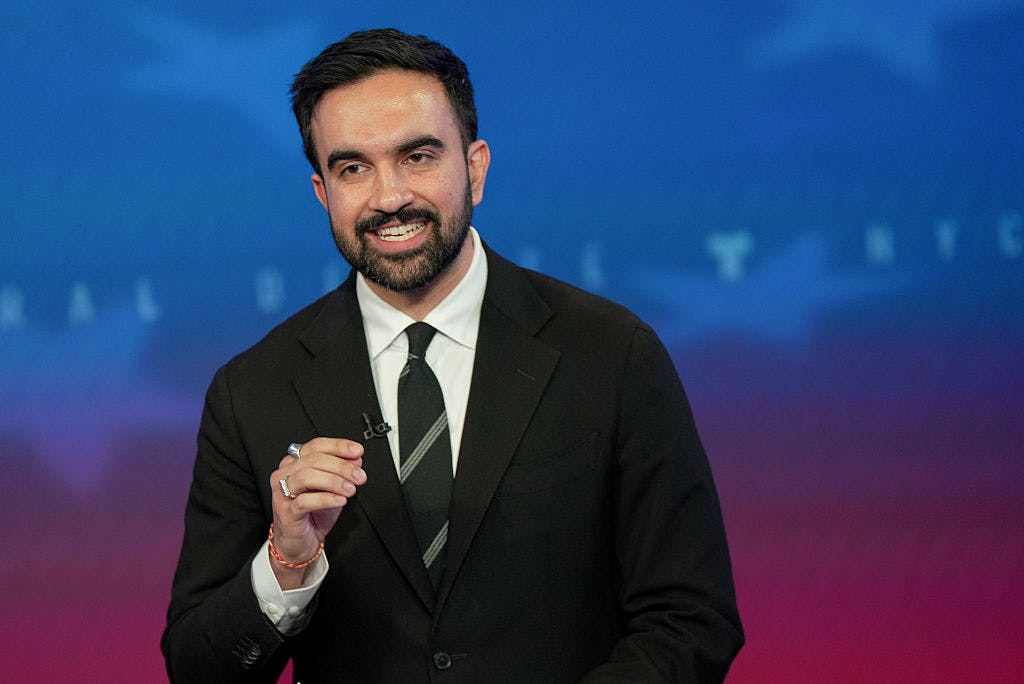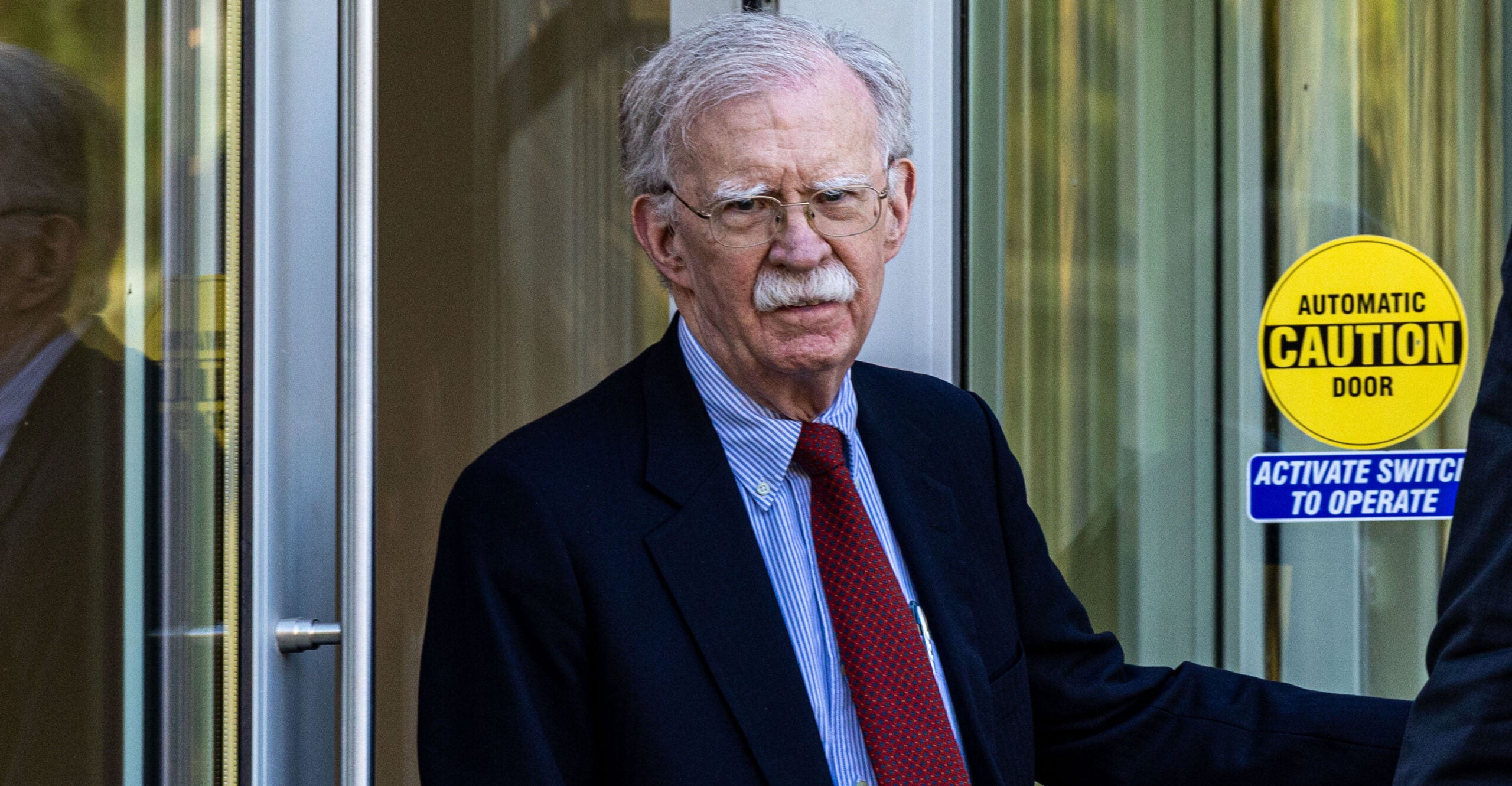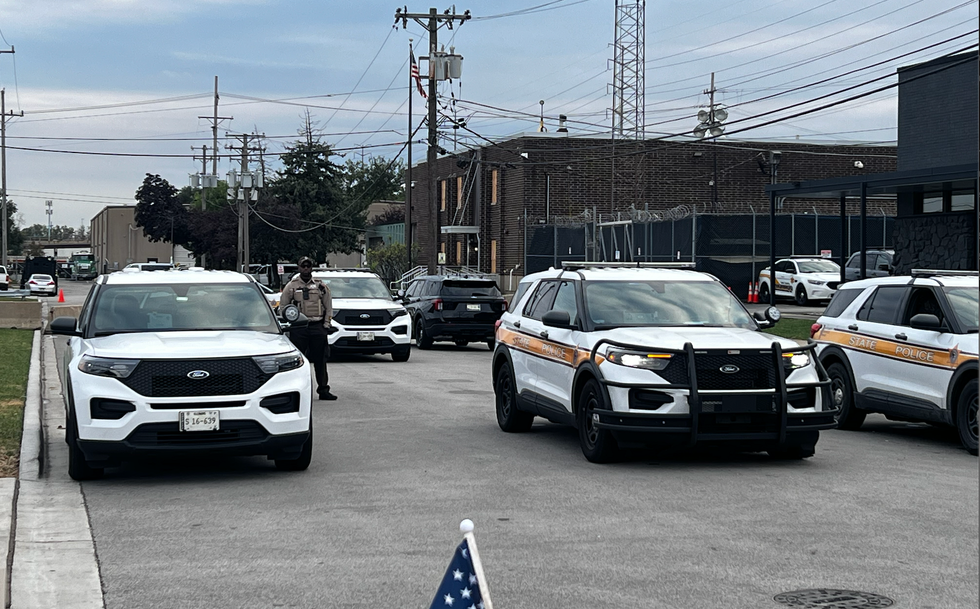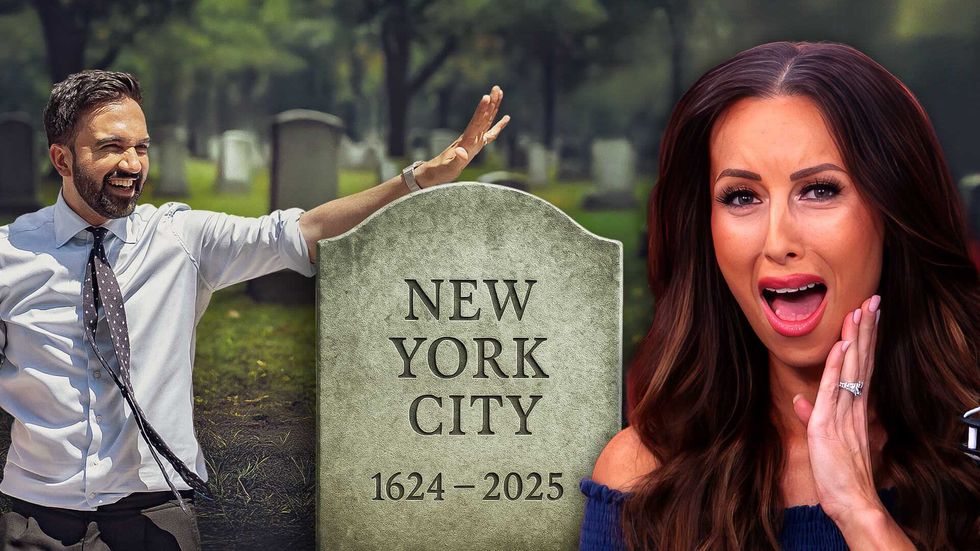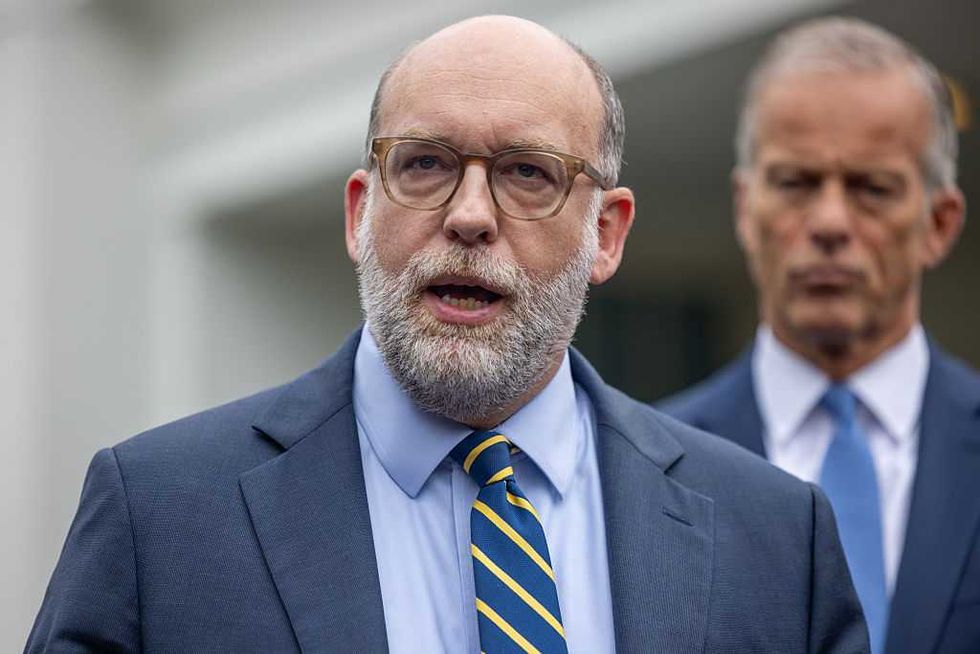SCOTUS likely to side with parents who object to LGBT propaganda in elementary classrooms
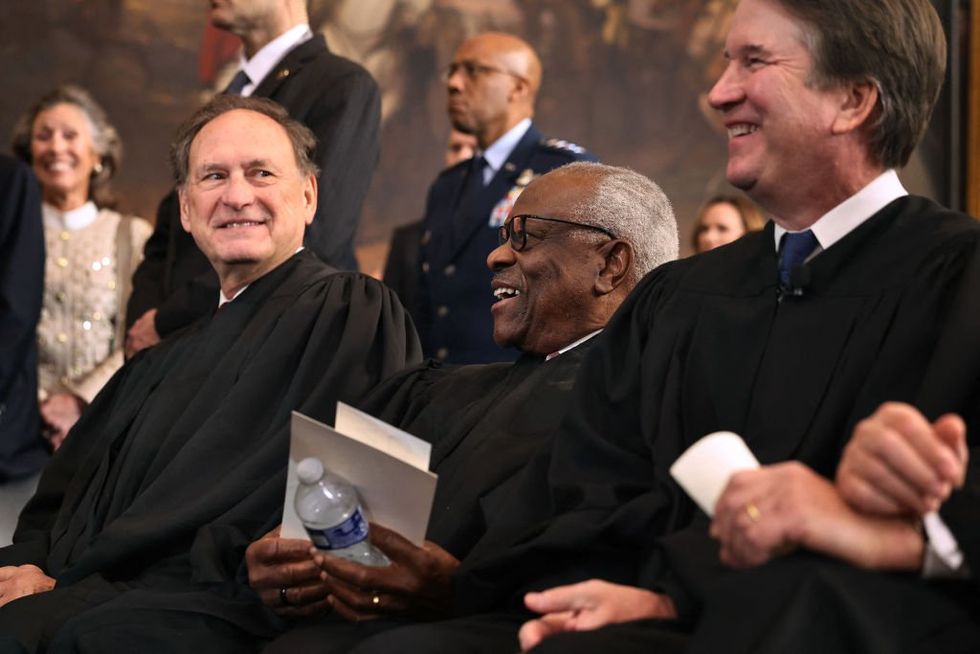
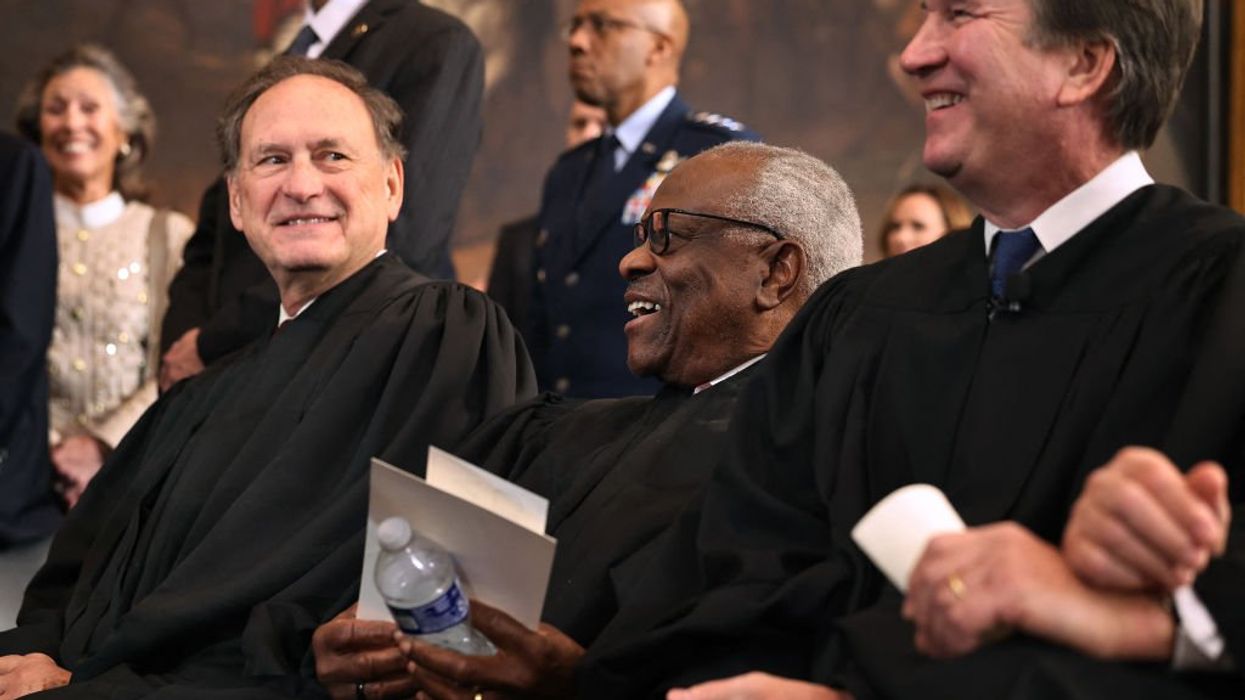
The U.S. Supreme Court heard oral arguments Tuesday in the case Mahmoud v. Taylor, concerning Maryland parents' right to shield their children from LGBT propaganda in elementary school classrooms.
Unlike liberal Justices Sonia Sotomayor, Elena Kagan, and Ketanji Brown Jackson, the high court's conservative-leaning justices appeared receptive to the argument that Montgomery County Public Schools, the state's largest school district, violated the Constitution when it found a way around Maryland law to prevent parents from opting their children out of mandatory readings of LGBT propaganda.
The court's ruling in the case is expected by June.
Background
MCPS approved over 20 works of LGBT propaganda for inclusion as instructional materials in its English language arts curriculum in late 2022.
There was no mistaking the propagandistic nature of these works, which included at the outset:
- "Pride Puppy," a book approved for pre-K students that tasks 3- and 4-year-old students with searching for items they might find at a non-straight parade — including transvestite activists, underwear, leather, "intersex flag," and feathers;
- activist and former chair of the Human Rights Campaign Foundation Board Jodie Patterson's "Born Ready: The True Story of a Boy Named Penelope," a work of propaganda that seeks to normalize child sex transitions that the district approved for K-5 students;
- "My Rainbow," a story about a mother's efforts to groom her transvestic son;
- "Uncle Bobby's Wedding," about a little girl's peripheral involvement in her uncle's gay "wedding"; and
- "Intersection Allies: We Make Room for All," touted as "a smooth, gleeful entry into intersectional feminism."
The district was initially willing to let parents opt their children out of lessons incorporating the LGBT propaganda and to provide notice when such works were read, as required by state law. However, MCPS ultimately decided to deny parents the option in March 2023.
It appears the district figured it could get away with mandating the propaganda on account of a sleight of hand. State law requires opt-outs for sex education units of health classes. Since the books were instead introduced as part of the English curriculum, they are apparently not subject to the opt-out provision.
'They're not asking you to change that at all.'
Christian and Muslim parents who wanted the option not to have their kids subjected to content that stood in direct conflict with their religious beliefs took the district to court on May 24, 2023. Represented by the Becket Fund for Religious Liberty, they argued that the district's policy violated their First Amendment right to freely exercise their religion.
After lesser courts refused to order MCPS to let kids opt out, the case made its way to the Supreme Court.
A sympathetic court
The conservative justices on the high court appeared to think the parents' position reasonable, the district's reasoning questionable, and the LGBT propaganda inappropriate for young children.
Justice Brett Kavanaugh told Alan Schoenfeld, who represented the school board, that the parents are not asking the district "to change what's taught in the classroom. They're not asking you to change that at all."
Kavanaugh clarified that "they're only seeking to be able to walk out so that they don't have — so the parents don't have their children exposed to these things that are contrary to their own beliefs."
Justice Samuel Alito appeared to be of a similar mind, saying, "The plaintiffs here are not asking the school to change its curriculum. They're just saying, 'Look, we want out.' Why isn't that feasible? What is the big deal about allowing them to opt out of this?"
'It's a message that a lot of people who hold on to traditional religious beliefs don't agree with.'
Justice Clarence Thomas was keen to know whether the consumption of the LGBT propaganda was voluntary or compelled, asking "why the record shows that the children are more than merely exposed to these sorts of things in the storybooks."
Eric Baxter, who argued on behalf of the parents and serves as vice president at Becket, emphasized to Justice Thomas that "teachers are required to use the books"; that the school board made clear "that every student would be taught from the inclusivity storybooks"; and that plaintiffs' alternatives to sending their kids to these mandatory readings were "criminal fines or penalties or the expense of private school."
Justice Alito acknowledged that the books were ideological in nature and in conflict with the parents' views, noting that in the case of "Uncle Bobby's Wedding," the "book has a clear message, and a lot of people think it's a good message, and maybe it is a good message, but it's a message that a lot of people who hold on to traditional religious beliefs don't agree with."
Justice Neil Gorsuch suggested that certain statements from board members hint at a hostility toward parents' sincerely held religious beliefs.
"We have some statements from board members suggesting the students were ... parroting their parents' dogma, suggesting that some parents might be promoting hate, and suggesting that it was unfortunate that they were taking a view endorsed by white supremacists and xenophobes," said Gorsuch.
Schoenfeld claimed that the statements in which officials suggested parents were bigots "have been taken out of context" and that the record did not indicate they motivated the board to "adopt a policy that discriminates against people on the basis of religion."
'The Supreme Court, I predict, will stand with parents.'
When discussing whether it constitutes a burden to be exposed to this sort of instruction, Justice John Roberts suggested that unlike older students, younger children subjected to the LGBT propaganda are likely to naturally affirm what's being taught or presented in the books.
Judging from their questions to Baxter and Schoenfeld, the conservative justices appear to think that the district should simply accommodate religious parents.
Reactions
After going before the high court, Baxter said in a statement, "In this country, we've always trusted families to decide when their kids are ready for sensitive topics. Children shouldn’t be forced into conversations about drag queens, Pride parades, and gender transitions without their parents' permission. Today, we fought for common sense and parents' right to guide the upbringing of their children."
Billy Moges, director of the Kids First parental advocacy group that sued over the books, said, "Schools should be working with parents, not against us. We are our children’s primary teachers, not obstacles to be avoided. Today, we asked the court to remind Montgomery County — and the entire nation — of this fundamental truth."
"The Mahmoud case argued in the Supreme Court today is quite simple. Montgomery County school officials want to expose young children to progressive sexual ideology against their parents' wishes," said legal scholar Robert George, director of the James Madison Program in American Ideals and Institutions at Princeton University. "The parents want to be able to opt their kids out of this propagandizing. The Supreme Court, I predict, will stand with parents — probably 6-3 (maybe even 7-2). It will be another victory for Becket, the public interest religious liberty law firm representing the parents."
Some activists are upset over the prospect of the high court once again upholding parental rights.
PEN America, a left-leaning organization that filed an amicus brief in support of the district, for instance, claimed in a statement that granting opt-outs for parents would "stigmatize LGBTQ students and families, who would watch their peers leave classrooms when books that include LGBTQ characters or themes are used."
Like Blaze News? Bypass the censors, sign up for our newsletters, and get stories like this direct to your inbox. Sign up here!
Originally Published at Daily Wire, Daily Signal, or The Blaze
What's Your Reaction?
 Like
0
Like
0
 Dislike
0
Dislike
0
 Love
0
Love
0
 Funny
0
Funny
0
 Angry
0
Angry
0
 Sad
0
Sad
0
 Wow
0
Wow
0
